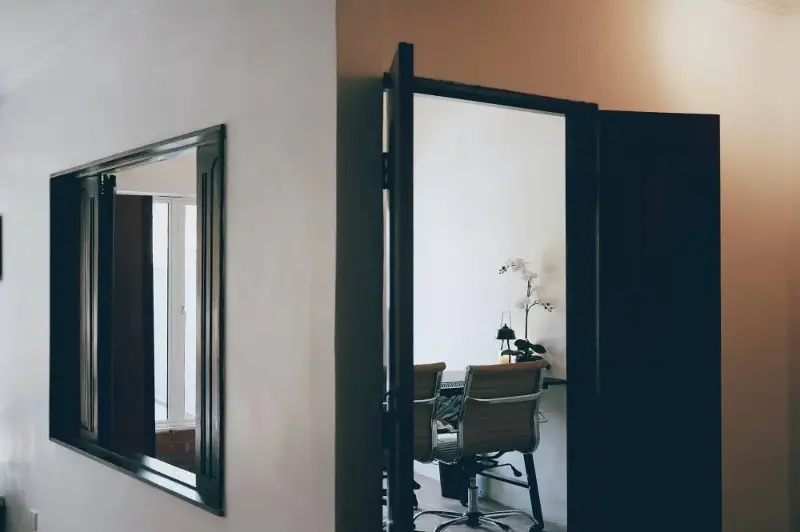
SHAH ALAM - In a bold move to tackle the affordability barrier in mental healthcare, Sage Centre has introduced a new tiered pricing model that makes therapy accessible to a wider range of Malaysians with sessions starting as low as RM50.
The centre's founder Yasmin Khan said the initiative aims to ensure that no one was excluded from receiving support due to financial constraints and hopes to positions Sage Centre as one of the most accessible mental health providers in the country.
She said clients now have the option to choose therapy sessions based on their budget, without compromising on quality.
“At Sage Centre, we’ve always believed that therapy should be available to anyone who needs it, not just those who can afford it. Mental health struggles don’t discriminate based on income, and neither should care,” Yasmin, who is a clinical psychologist herself, said.
Under the new model:
- Supervised trainee therapists offer sessions starting from RM50.
- Junior therapists are available from RM175.
- Senior therapists offer care from RM275.
She emphasised that the initiative was about more than just affordability. “It’s about reducing stigma, normalising therapy, and making sure every person feels empowered to take the first step toward healing. You don’t have to wait until you’re in crisis, therapy can help you grow, manage and thrive, starting exactly where you are.”

Located in Subang Jaya, Sage Centre is Malaysia’s first fully outpatient treatment facility for addiction and mental health. It offers therapy for children, adolescents, adults, couples, and families. Its services also include outpatient recovery programmes, team building, and diagnostic assessments.
The launch of tiered pricing is part of Sage Centre’s ongoing mission to redefine mental health accessibility in Malaysia.
“Whether you’re a student, working professional or caregiver, support is now more attainable,” said Yasmin.
As mental health awareness continues to grow nationwide, she said initiatives like this aim to remove the financial and cultural barriers that still prevent many from seeking timely support.
“Quality mental health support should never feel out of reach,” she added. “And now, it doesn’t have to be.
